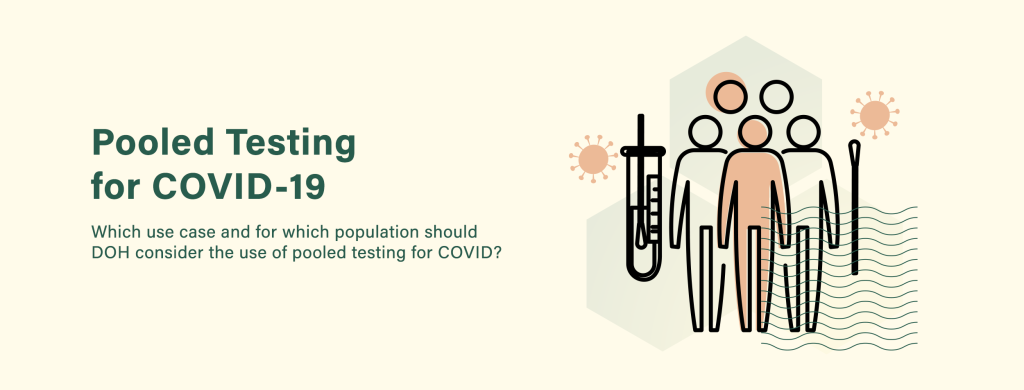
Pooled RT-PCR Testing can be used to screen and monitor COVID transmission in populations with low numbers of cases, HTAC notes in a recent recommendation.
Pooled testing is the process of combining samples from a group of people and testing them in a single batch. Laboratories collect individual biological samples, mixing equal parts of them together to create a “pool.”
Instead of running tests for each individual, pooled real-time reverse transcription polymerase chain reaction (RT-PCR) testing allows facilities to test several people in one batch. Areas with limited supplies can benefit from pooled tests because they increase testing capacity.
Current evidence shows that pooled testing works well for screening and monitoring COVID-19 in populations where case numbers are low (5% prevalence) and the pool size is small. This means that pooled testing helps catch the few cases in areas where most test results will most likely turn out negative. Smaller pool sizes also lessen the risk of false negative results. On the other hand, local and international guidelines have yet to identify target populations for testing.
The HTA Council recommends that RT-PCR test kits must first pass validation standards from the Research Institute of Tropical Medicine and approved for pooled testing use by the Food and Drug Administration or other authorized institutions.
